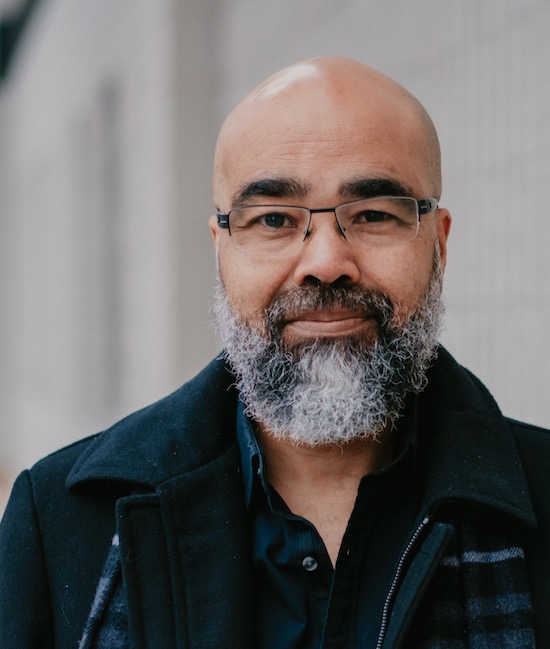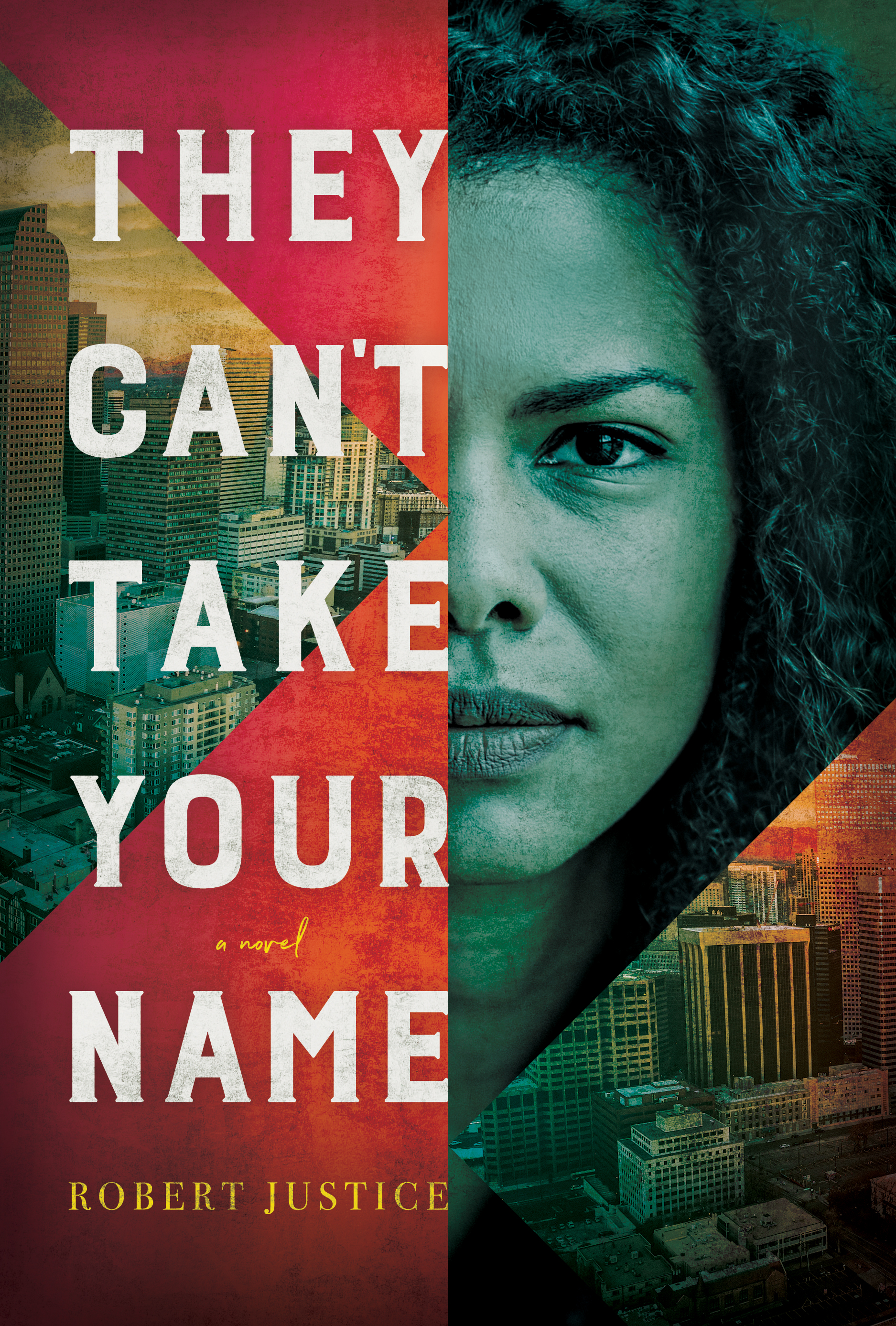Creating a Personalized Writing Ritual
The Beauty of Ritual
Let's talk about the beauty of a personalized writing ritual, but first a disclaimer: you do not need a writing ritual to be a writer!
Writing is hard work, and hard working writers work hard. The list is long of well-known authors who wrote best-selling books in less than ideal conditions. Plumbers plumb, welders weld and writers write.
While a writing ritual is not a necessity, I have discovered that it is essential for elevating my writing to something that is more than just work.
Ritual gives meaning, purpose, identity, and fulfillment to the work of writing.
Habit vs Ritual
There was a time in my life when I was terrified of writing. Somewhere along the way, I got the idea that I couldn't write. This fear lingered through high school, college, and graduate school. However, in my late thirties, I felt compelled to write a book and over the course of the next decade, I published four non-fiction titles. Even then, writing, at best, was a chore—a tool that I used for communication—and I definitely didn't consider myself a writer. Yet today, as I write these words, I can unequivocally say that I am a writer and that writing, be it non-fiction or fiction, is an essential part of my identity. Writing has become essential to my life. For me, it was ritual that made the difference.
There is a difference between the habit of writing and the ritual of writing.
Habits get us going, rituals get us flowing.
Habits keep us writing, rituals remind us why we are writing.
Habits help us perform, rituals transform.
The beauty of a writing ritual is that they turn our writing habits into transformative practices.
What is a Ritual?
Habits such as taking a shower, brushing our teeth and making coffee are a necessary part of our daily life. Rituals don't replace our habits, rather, they give meaning to them. Greg McKeown suggests in his book Effortless that we should endeavor to turn our habits into rituals and offers a helpful definition:
Ritual = Habit + Soul
Ritual happens when we engage the deepest, truest parts of who we are in our habits. A writing ritual recruits our most authentic self to the work of writing so that our writing becomes a transformative act.
Six Key Ingredients
Here are six considerations for developing a personalized writing ritual...
1—Preparation: How do you prepare your soul for what's to come?
When do you start the process? Consider beginning the night before by reading a book, reviewing what you've previously written, or looking at your notes for the next scene. Some writers take a reflective walk. For me, my soul abhors clutter so I organize my writing space the night prior to a writing session. Having a regular preparation process helps reduce the friction of getting started.
2—Place: Where does your soul want to be?
Where will you consistently sit down to write? I have two regular writing spots: my desk at home (which was a special gift) and my favorite local coffee shop (where everybody knows my name). Rachel Howzel-Hall is a busy mom and executive and besides writing at home early in the morning, she’s also well known for writing in her car.
3—Time: When is your soul awake?
When will you write consistently? Every morning or afternoon? Once a week or every third Saturday? When choosing a time instead of asking, "When am I most productive?" ask, "When am I most creative?" If you are able, pick the time when productivity and creativity overlap. I used to be a night owl and wrote my first four books between 9pm-1am at night. Now I'm a morning person and most of my writing takes place before the sun comes up.
Be pragmatic and choose a time that works best for life as it is now and be sure to re-evaluate season-by-season. Also, be sure to schedule your writing time with the same significance and weight as any other appointment on your calendar.
4—Senses: What inspires your soul?
What inspires you at a visceral level? When I write at home I'm surrounded by books, typewriters, fountain pens and art. Think through all five senses...
Smell—Will you employ candles or an incense diffuser?
Touch—Will you write by hand or computer?
Taste—For me it's coffee, a spicy tea or a fine rum...depending on the time of day. :-)
Sight—Consider making a Pinterest board or a vision wall that you look at regularly or filling your room with plants.
Sound—A record player, noise-canceling headphones or a playlist of music that creates the mood you desire.
Also think through how you might decrease unhelpful input by...
-putting electronic devices on airplane mode/do not disturb
-using an app like Freedom.to to block specific websites and/or social media.
-using focus mode in Word or Scrivener
-Write on a distraction free device. Personally, I use an Alpha Smart Neo (one of my Top Five Writing Tools)
5—Prime the Pump: What does your soul need to start writing?
Like a hand operated water pump our souls need to summon that which is in the depths of who we are. We need to warm up in the same way we do for physical activity. Runners warm up by running, basketball players warm up by shooting and writers warm up by writing—journaling, morning pages or pretending to be a journalist who is interviewing one of their characters for an article.
6—Surrender: How do you submit your soul.
This is the most important step.
Before you write...rest, surrender, wait...
pray, meditate, take a deep breath.
Remind yourself why you are writing...
a second source of income,
to silence the characters in your head,
to entertain or enlighten others.
Surrender to the mystery...
sell out...
to God...your sense of calling...your subconscious...the power of words.
Only after you have surrendered, then and only then—
write...
for the joy...for the story...for the peace...for your soul.
Final Thoughts
A personal writing ritual must be...
-Repeatable: This makes it Pavlovian.
-Tailor-made to you and the circumstances of your life.
-Adaptable to where you are in the writing process, be it brainstorming/researching/drafting/editing.
My Best Writing Advice
John Truby advises us to "write something that will change your life."
I'd like to take that one step further: Develop your own personal writing ritual, then you will write in such a way that the very act of writing—in and of itself—transforms your life.

